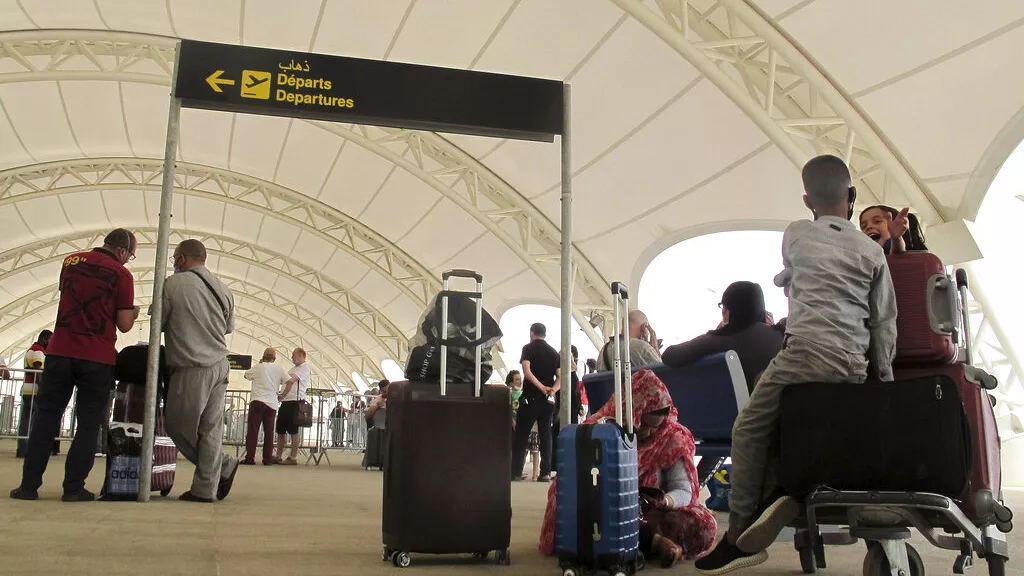A Ugandan tourist, Tom Ssekamwa, 24, has been acquitted after spending 24 days in a Zimbabwean prison for possessing a sex toy, but now faces deportation. The case has raised concerns about Zimbabwe’s treatment of tourists and potential damage to its international reputation.
Ssekamwa was arrested on August 2 in Masvingo, a city 292 kilometers south of Harare, alongside Czech national Lucas Slavik. Their detention occurred during a government crackdown on dissent ahead of a regional summit, which saw over 200 opposition figures and activists arrested.

Magistrate Isaac Chikura dismissed the charges against Ssekamwa this week, which included criminal nuisance and violating the Censorship Act. The charges stemmed from the discovery of a rubber sex toy in Ssekamwa’s luggage during a police search. Chikura ruled that Ssekamwa’s possession of the item did not threaten public order or create a disturbance, emphasizing that the toy was not intended for public exhibition.
Knowledge Mabvuure, Ssekamwa’s attorney from Zimbabwe Lawyers for Human Rights (ZLHR), stated that his client is now in the custody of immigration authorities awaiting expulsion. The deportation process has been delayed because Ssekamwa’s phone, necessary for accessing funds to purchase an airline ticket, remains in police custody.
Lucas Slavik, Ssekwama’s travel companion, faced allegations of inciting public unrest after reportedly filming a video claiming that Masvingo lacked water and electricity. Although additional charges against Slavik were dropped, he was acquitted and deported last week.
The case has drawn attention to Zimbabwe’s ongoing infrastructure challenges, with many regions experiencing extended power outages due to reduced water levels at Kariba Dam, the country’s primary source of hydropower.
Roseline Hanzi, another representative from ZLHR, expressed concern that these arrests could harm Zimbabwe’s standing as a tourist destination. She warned that the incident might lead to international legal disputes if countries feel their citizens’ rights have been infringed.
The arrests of Ssekwama and Slavik occurred against the backdrop of a broader crackdown preceding the Southern African Development Community (SADC) Summit in Harare. Over 200 opposition members and civil society figures were detained, with the government accusing them of plotting to disrupt the event.
This case has sparked debate about Zimbabwe’s laws and their application to tourists, as well as the potential impact on the country’s tourism industry. Human rights organizations have called for a review of policies that could deter visitors and damage Zimbabwe’s international image.
As Ssekwama awaits deportation, the incident serves as a reminder of the complex interplay between tourism, human rights, and political tensions in Zimbabwe. The country’s authorities now face the challenge of balancing security concerns with the need to maintain an welcoming environment for international visitors.
Source: africanews.com



